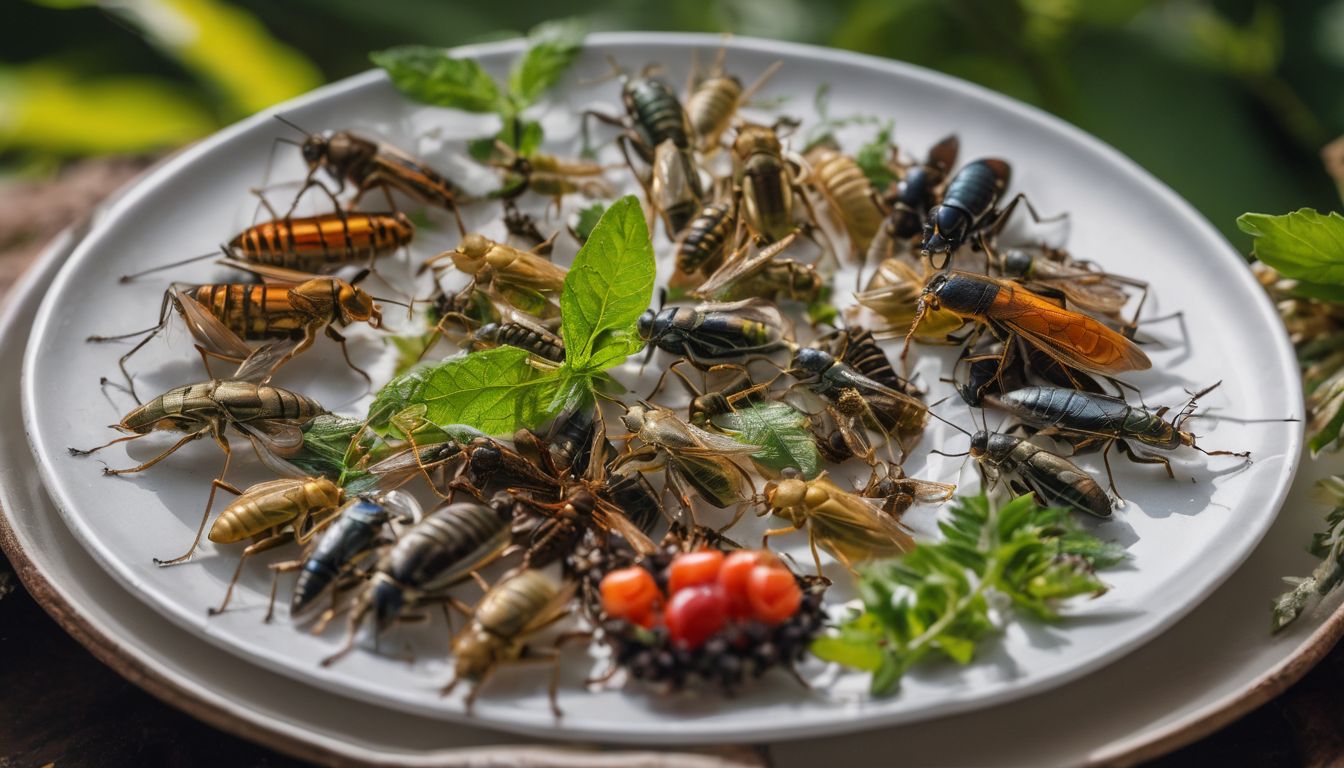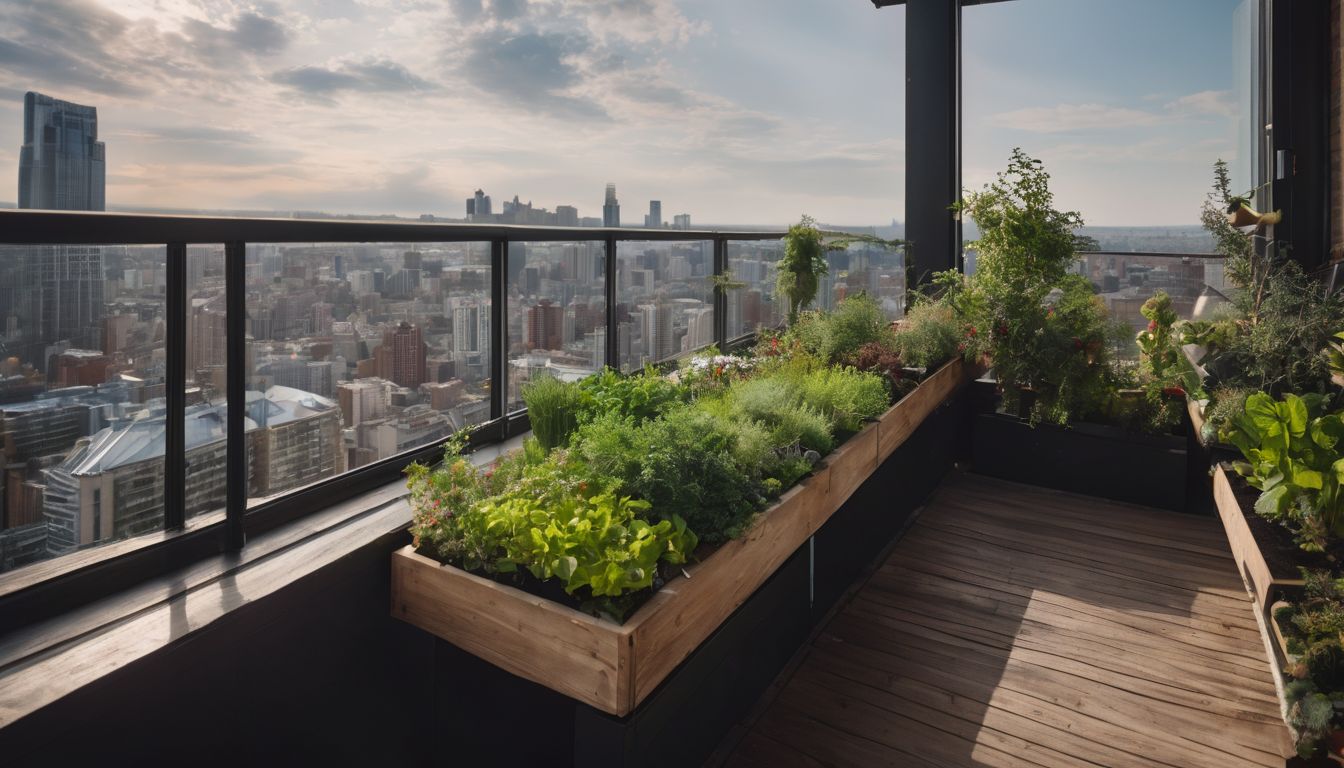Organic is a great word, and a great concept. Unfortunately, concepts don’t grow on the money tree, and we are often left lacking the funds to always buy organic … which brings us to the question: When should we buy organic?
BENEFITS FOR THE ENVIRONMENT: Organic typically refers to foods that are grown with a respect for their surrounding environment. We could spend all day debating the technical differences in organic labeling (and we probably should), but that is for another day. The essence of organic is that plants are grown without synthetic fertilizers or pesticides, do not contain genetically modified foods, and generally lack food additives1. Industrial farms often over-fertilize to maximize yield, leading to the majority of fertilizers running off into nearby streams, and eventually large water bodies, such as the Gulf of Mexico. In fact, the Mississippi River drains 41% of the contiguous United State’s water into the Gulf of Mexico, which now hosts a growing “dead zone ”.2 When fertilizers accumulate in a large body of water, this creates an abundance of nutrients (specifically phosphorus) and leads to algal blooms. These blooms of algae then die, falling to the bottom, where they are consumed by decomposers, who then use the oxygen in the water. This depletes oxygen levels for the fish, often leading to massive fish die-offs. Organic practices minimize the likelihood of this by reducing or eliminating synthetic fertilizers.
Additionally, organic farm practices result in far greater conditions for the farm workers, who often have to wear ZOOT suits to spray crops because the fertilizers and pesticides are poisonous! Finally, you are helping to grow the soil for generations to come.
BENEFITS FOR YOUR HEALTH: It’s pretty straightforward—you probably don’t want synthetic chemicals in your body that were designed to kill living animals. Chemicals were developed to greatly increase productivity quickly, allowing countries to feed their expanding populations in the short run, while ignoring long-term harmful side effects.
Time and Effort: Low. Just read this article for some good tips, and apply during your next visit to the grocery store or produce vendor!
Cost: Moderate. While you may pay pennies more in the short run, your body will thank you down the road.
Guidelines to Follow in Choosing Organic or Non-Organic Foods
- Stop shopping at your conventional supermarket. If you are relying on your supermarket’s organic section for your healthy produce, then you are guaranteed to be overpaying! These large supermarkets base their pricing on consumer focus groups and reports, not on the price of the actual goods. So you are really paying for being trendy at these supermarkets.
- What are your alternatives?
- Find local markets—farmers markets or produce stands. If you go towards the end of a farmers market, you can always get the best deals as farmers aim to unload their unsold produce.
- Buy into a co-op. Food co-ops are rapidly emerging as a mechanism for communities to essentially group purchase local, healthy food. You can buy a share of a co-op, which is used to provide the necessary capital for operations and up-front purchases. This share of the co-op then provides you an exclusive discount on the food sold. Many co-ops also offer work for a discount programs, in which you can get considerable discounts on the prices for simply volunteering to stock shelves a few hours a week.
- Buy a share of a community-supported agriculture program (CSA). This is another spin on co-ops. As opposed to traditional farming, when you buy a share of a CSA, you provide the farmer with the initial capital necessary to maintain and grow his or her crops for the year. In return you get a weekly basket of fresh veggies at a discounted rate (because the farmer doesn’t have to charge customers extra to raise enough cash for next year’s crop).
- What are your alternatives?
- Buy local and in season. Perhaps you’ve noticed the tremendous fluctuations in prices of some foods at the market. These fluctuations correlate with current supply, and when produce is in season locally, there is a greater abundance, and prices tend to be lower.
- Take a chill pill, buy frozen. When produce is not in season, don’t force feed yourself some over-fertilized, covered in poison, wannabe delicious apple from halfway across the world. First off, it won’t taste nearly as good as it does when it’s fresh. Second, there are many more organic options in your freezer section that can provide the delicious nourishment you need. Often these frozen organic options are cheaper because they don’t require such a quick sell period, allowing sellers to stockpile a larger quantity of them at one time, getting bulk prices.
- Know a good deal when you see it. With organic produce, there is a much greater chance stores will have to sell off their stock quickly, as organic tends to have a shorter shelf life. Because of this, keep your eyes out for clearance specials, and be ready to take advantage! Just remember to eat it rather quickly, as it’s not going to last longer in your kitchen than it would on the store’s shelf. In a similar vein, keep your eyes out for coupons and other deals. There is tremendous pressure among stores these days to gain a larger share of the “Green” market, and they will be heavily courting potential customers with great coupons and other deals. Have your scissors at the ready!
- Adjust your budget. Perhaps you have been meaning to give up those twinkies for years now or are trying to cut down on eating out. Well, if you cut out some of the worst parts of your food budget, you can use those savings to offset the costs of increased prices for organic.
- And when push comes to shove, avoid the “dirty dozen” at all costs. The Environmental Working Group publishes a ranking each year of the level of pesticides in commonly bought produce. They analyze for pesticide levels after washing and peeling produce as appropriate. Their list is a great way to pick and choose which types of produce you should buy organic vs conventional. See the table below for full details!




